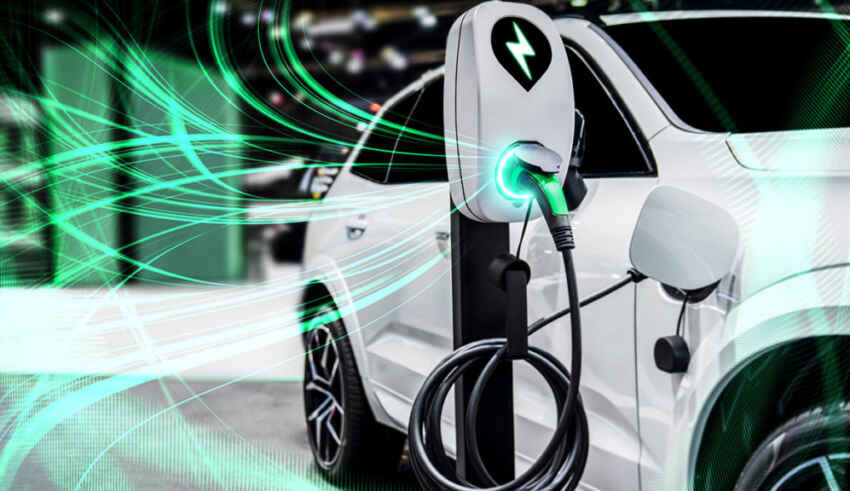
To be able to achieve the goal of climate neutrality by 2050, the European Parliament has decided to ban the manufacture of petrol and diesel-using cars by the year 2035. The purpose of this action is to make the car industry reduce greenhouse emissions by having passenger cars emit 55% less and vans 50% of CO2 by 2030. This is a large step in climate change action to ensure a sustainable future in Europe but it was not a decision met without contesting, some brought forward the argument that the auto industry is not yet ready for this predicting major financial and job losses. For example, automotive executives such as Ferrari and Alfa Romeo have expressed concerns for their employees and the radical shift claiming that hundreds of thousands of jobs were at risk. Although there were mostly discussions on how this would not be achievable by some, the good intentions of the EU cannot be overlooked as car manufacturers will be pushed to show that it is possible to achieve this goal given that there is the motivation for innovation in the field as this decision pushes forward the idea of the automotive industry transitioning to electric vehicles (EV).
EV prove to be environmentally friendly as they do not emit pollutants and do not require fossil fuels because there is the use of electric motors. Lithium-ion batteries can store more power and have a long life cycle, making them a good choice for those who want EVs to emit less CO2 through their energy use to power their devices and cars. Car producers have claimed that these vehicles will be made affordable to the common person eradicating the narrative that EVs are solely for the rich as anyone will be able to get one. However, it is necessary to look at the socio-economic impact that this transition holds because to make EV the batteries for all-electric vehicles, plug-in hybrid electric vehicles (PHEVs), and hybrid electric vehicles (HEVs), the material that makes effective batteries is lithium.[1] This means that there will be an increase in the demand for lithium to make car batteries, and in order to meet this demand the mining of the metal will increase. That said, in order to keep the business profitable and competitive the auto industry will likely have high prices charged for EVs. The transition that happens seems to be one of ultimate revolution on the automotive industry, the element of technology cannot be denied as it holds the greatest relevance for the prospects of climate neutrality yet there are negative sides that are not discussed when aiming to increase the mining of lithium.
For instance, there seems to be an irreversible consequence for the extraction of lithium a raw material from the soil, as any soil extraction will lead to degradation, loss of biodiversity, water shortage and destruction of ecosystems. Although the extraction of lithium is more environmentally friendly than fossil fuels extraction, the mining contaminates and diverts scarce water in salt flats, leaving communities near extraction sites without access to the water supply. Additionally, miners need to cut down trees in order to get better access to the extraction sites, this would pose as a problem for a country such as Chile as it is one of the largest suppliers of lithium in South America making the mining processes end up degrading even more communities that are close by. Another large producer of lithium is Australia, as a well developed country, export costs might be higher in comparison to a lesser developed country such as Zimbabwe. Will car manufacturers look to achieve the goal at a lesser price? Moreover, lithium-ion batteries are manufactured with cobalt a mineral with high mining fields in African countries. These mines normally have dire working conditions, exploit their workers by paying them less than deserved and usually employ child workers. The increase of electric car batteries proposes a greater increase of these social issues for African countries that cannot deal with the high shift.
Furthermore, the action by the EU towards climate neutrality is viable but looks mostly within a European sphere and becomes almost unrealistic when looking at the outside world. For instance, Africa and Asia are high consumers of carbon emitting vehicles and will not be considered as consumers of EVs, the goal for a global reduction seems contradictory as it affects the export markets. There are rules needed for car manufactures to implement to continue with innovative changes but also conducting due diligence on the conditions of how their supplies arrive to them. The expected outcome by 2050 is possible but there are risks that come with it as there are effects that will be forever felt for some, and further development will not be enjoyed by all.
[1] https://afdc.energy.gov/vehicles/electric_batteries.htmlBy The European Institute for International Law and International Relations.















